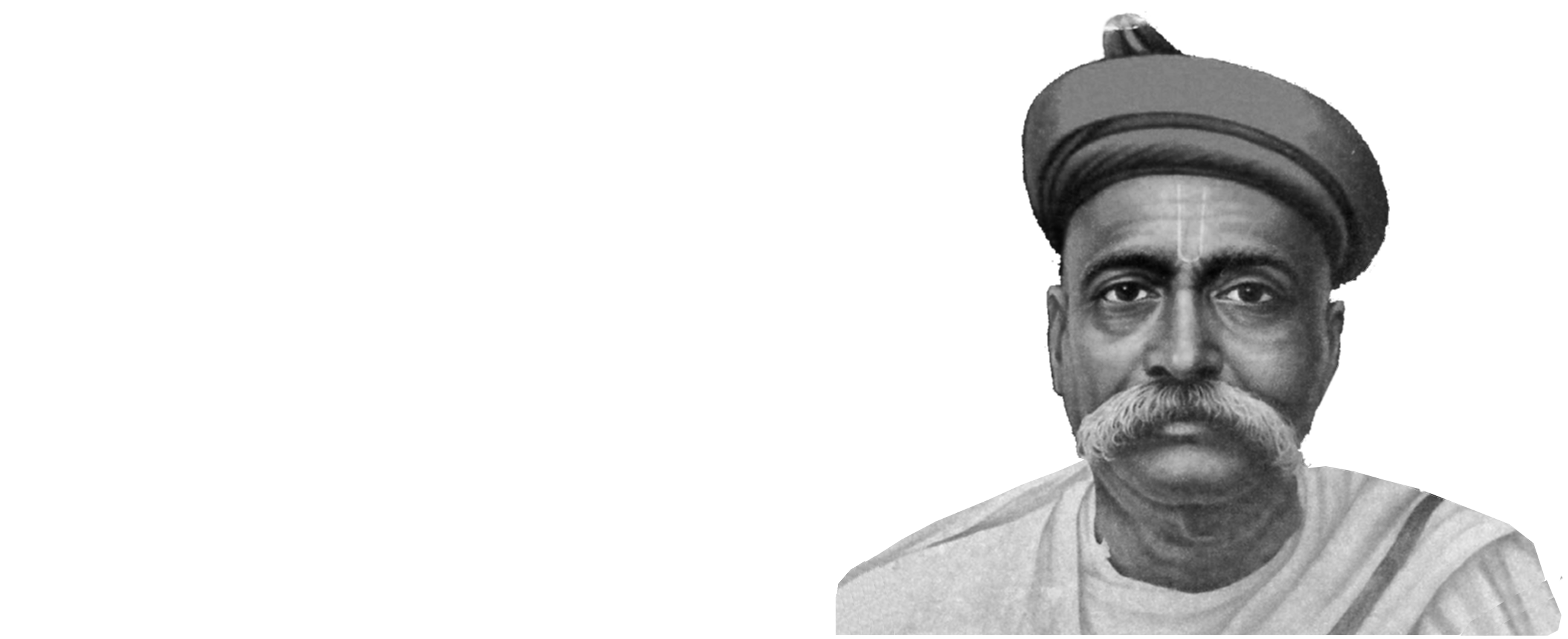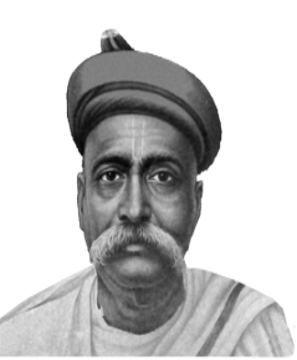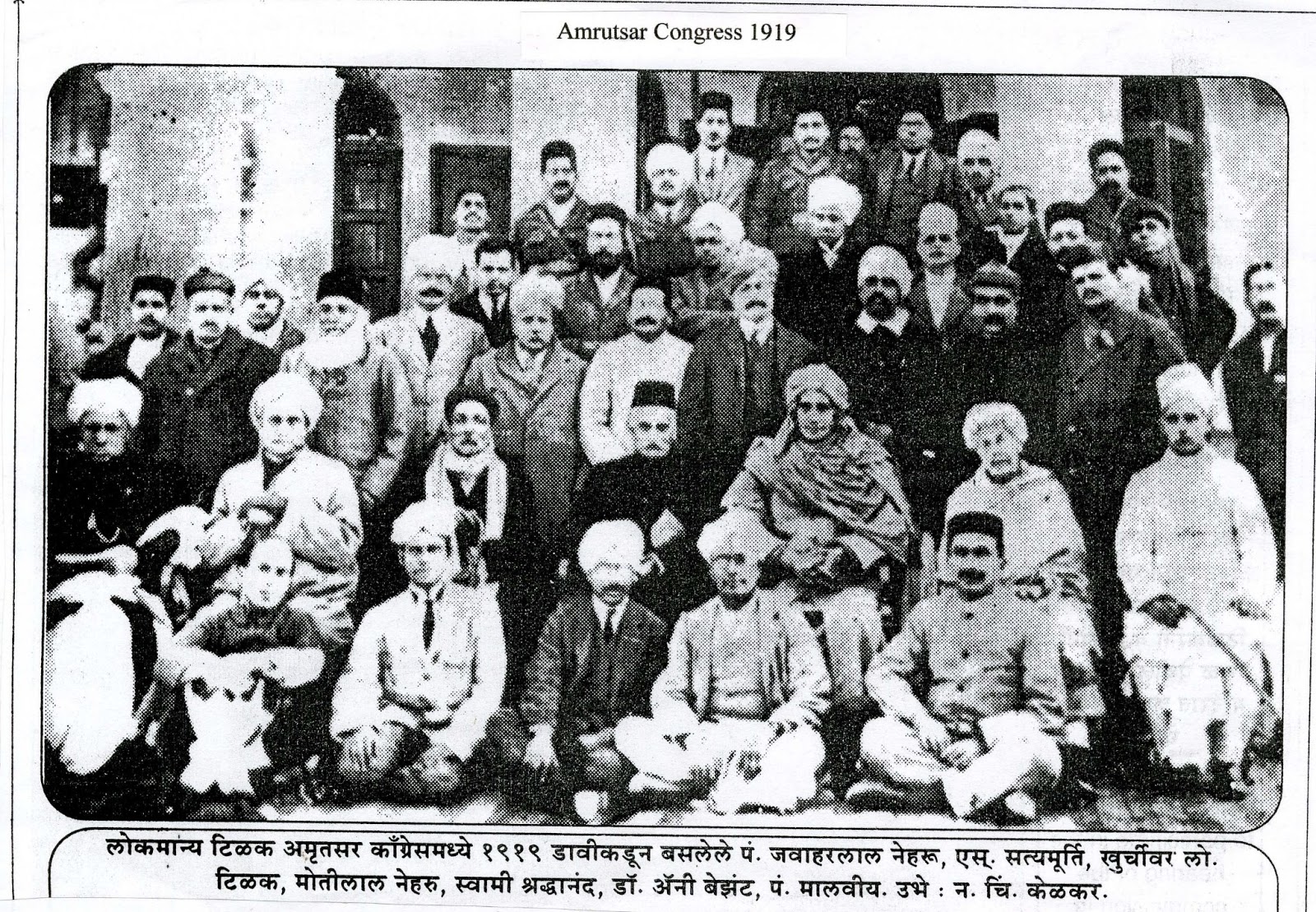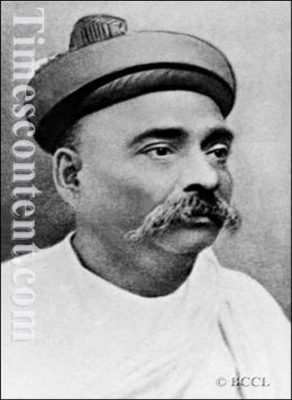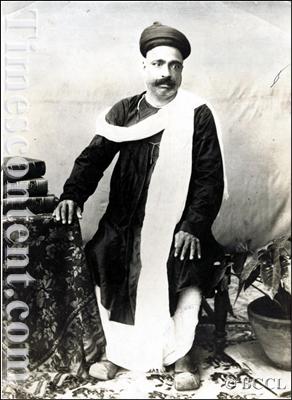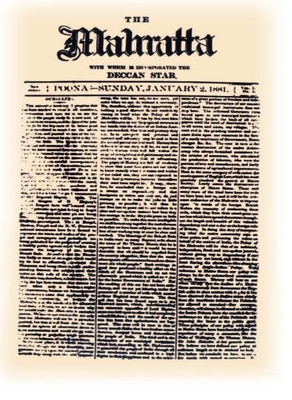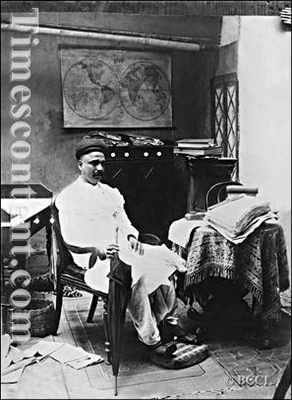Bal Gangadhar Tilak, being good at heart, always wished for an ethical society. He, along with Vishnushastri Chiplunkar, Gopal Ganesh Agarkar, M.B. Namjoshi, Vamanrao Apte, and others, started the New English School in Poona, in January 1880. He realized that the education system brought on by the British was to capture the will, intellect, and imagination of the young mind to their benefit. He wanted to bring back all that was lost in the last 100 years. Started with a handful pupils, it gradually gained popularity resulting in a significant increase in the number of scholars within a short span of time. Tilak started his career with the hope of inducing the Government to transfer the whole of secondary education (and college education, if possible) to popular control. The President of the Education Commission, Dr. Hunter, was absoutely pleased with Tilak’s wonderful spirit and solid improvements.
Early Life
Bal Gangadhar Tilak, popularly known as Lokamanya Tilak, was born on 23 July 1856 in Chikhalgaon in Dapoli Taluka of Ratnagiri District. The Tilak family belonged to the Chitpavan Brahmins or the Konkanastha Brahmins, a Hindu Brahmin community from the Konkan region. Gangadhar, Tilak’s father, was a Marathi teacher by profession. However, he later acquired proficiency in mathematics and Sanskrit as well. He married Parvatibai, and was blessed with a son, who was originally named as Keshav Tilak (after his great-grandfather, Keshavrao). Though he was called as ‘Balwant’ at home, he was commonly known as ‘Bal Gangadhar Tilak’. Tilak started his schooling in 1861. He was an excellent student who made rapid progress in his studies under the able guidance of his learned father. From an early age, he made himself well versed with Sanskrit, grammar, literature, and also arithmetic. By the age of 16, he had lost both his parents, and was later taken care of by his uncle Govindrao.
